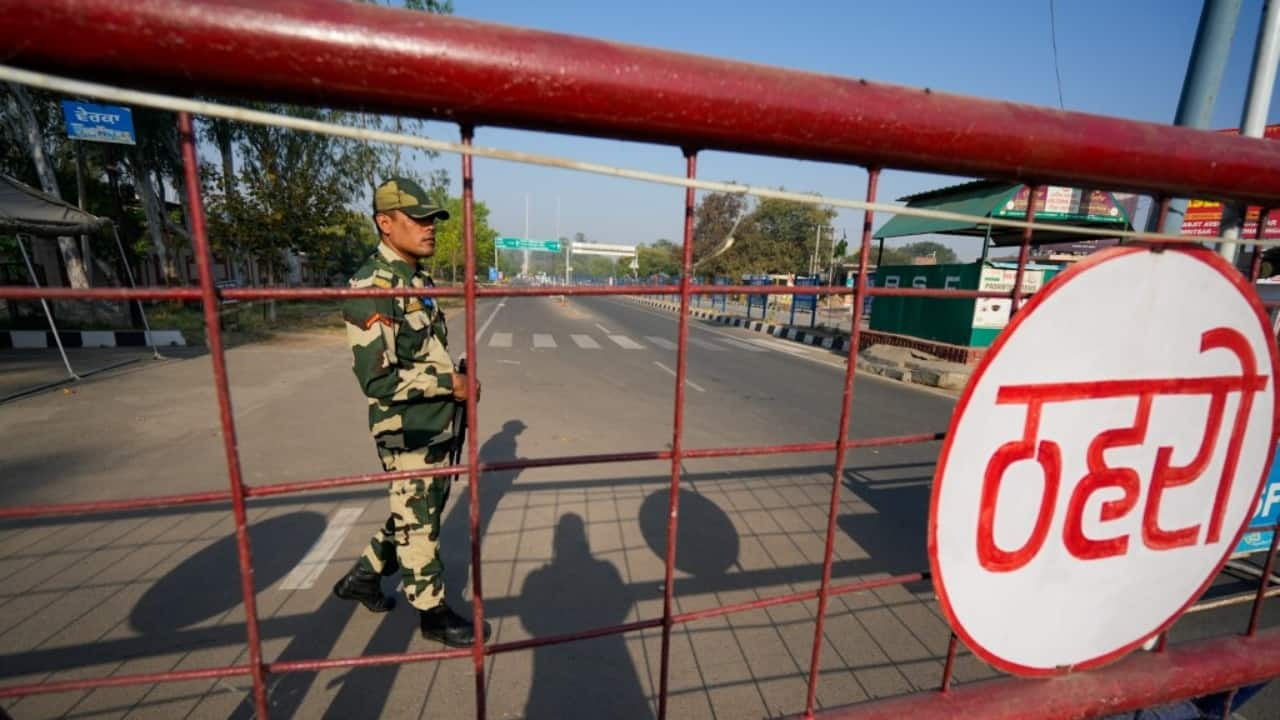 |
|
The Pahalgam terror attack, a horrific event that claimed the lives of 26 tourists and injured 16 others, has brought into sharp focus the persistent threat of cross-border terrorism in the Jammu and Kashmir region. The National Investigation Agency (NIA)'s confirmation that the attackers were Pakistani nationals affiliated with the banned Lashkar-e-Taiba (LeT) organization underscores the continued involvement of external actors in fomenting unrest and violence within India. The meticulous planning and execution of the attack, coupled with the reported advanced training of the terrorists, highlight the sophistication and determination of these groups. This incident is not an isolated event but rather a symptom of a deeper malaise, rooted in the complex geopolitical dynamics of the region and the ongoing efforts by extremist organizations to destabilize peace and security. The revelation that the terrorists likely infiltrated India through the Poonch-Rajouri corridor, a known route for cross-border infiltration, raises serious questions about the effectiveness of border security measures and the need for enhanced vigilance along these vulnerable stretches. The involvement of local individuals in providing logistical support to the attackers further complicates the security landscape, emphasizing the importance of addressing the underlying factors that contribute to radicalization and the willingness of some individuals to collaborate with terrorist groups. The investigation into the Pahalgam attack is crucial not only to bring the perpetrators to justice but also to understand the broader network of support that enables such acts of terror. Identifying and dismantling these networks, both within and outside India, is essential to preventing future attacks and ensuring the safety and security of the region's residents and visitors.
The arrest of Parvaiz Ahmad Jothar and Bashir Ahmad Jothar, two Pahalgam locals suspected of providing food, shelter, and logistical support to the attackers, underscores the critical role that local networks play in facilitating terrorist activities. These individuals, allegedly knowingly aiding the militants, represent a crucial link in the chain of events leading up to the attack. Their willingness to provide assistance, whether motivated by ideological sympathy, coercion, or financial incentives, highlights the vulnerability of local communities to exploitation by terrorist groups. The fact that the attackers reportedly selected their victims based on religious identity adds a particularly disturbing dimension to the attack, suggesting an intent to incite communal tensions and further destabilize the region. Such targeting not only inflicts immense suffering on the victims and their families but also threatens to erode the social fabric and create an atmosphere of fear and distrust. The investigators' focus on digital footprints and communication trails is indicative of the increasing reliance on technology by terrorist groups to coordinate their activities and evade detection. The use of a specialized communication system, reportedly resistant to interception, underscores the challenges faced by law enforcement agencies in tracking and disrupting these networks. The fact that the terrorists are believed to have stayed at multiple safe houses in the region and potentially collaborated with other terror cells suggests a well-established and organized infrastructure supporting their operations. The ongoing scrutiny of their potential involvement in previous attacks across Jammu highlights the need for a comprehensive and coordinated approach to counter-terrorism efforts.
The identification of the attackers' likely route from Abbottabad, Pakistan, through Muzaffarabad, and into India via the Poonch-Rajouri corridor, provides valuable insights into the logistical planning and operational capabilities of the LeT. Abbottabad, known for its military installations, suggests a possible connection to state-sponsored elements, raising concerns about the extent of support provided to these terrorist groups. The Poonch-Rajouri corridor, repeatedly identified as a preferred route for cross-border terrorism, warrants increased security measures and enhanced intelligence gathering to prevent future infiltrations. The NIA's analysis of digital footprints and communication trails is crucial to mapping the attackers' movements within Jammu and Kashmir and identifying other potential collaborators. The difficulty in tracking their communications due to the use of a specialized system highlights the need for technological advancements in surveillance and interception capabilities. The role of local support, as evidenced by the arrest of Parvaiz and Bashir, remains a critical area of investigation. Their alleged confession regarding the attackers' identities, LeT affiliation, and Pakistani nationality provides crucial evidence for prosecution and helps to establish the external linkages of the attack. The collection of evidence, including police sketches, CCTV footage, eyewitness accounts, and technical data, demonstrates the thoroughness of the investigation, even though the NIA has not formally closed the case. The ongoing investigation into the Pahalgam terror attack serves as a stark reminder of the persistent threat of terrorism in the region and the need for continued vigilance, coordinated efforts, and a multi-faceted approach to counter this complex challenge. Strengthening border security, addressing local vulnerabilities, enhancing intelligence gathering, and fostering international cooperation are all essential components of a comprehensive strategy to prevent future attacks and ensure the safety and security of the region.
Source: How Pahalgam terrorists entered India: Abbottabad to Muzaffarabad to Poonch-Rajouri
